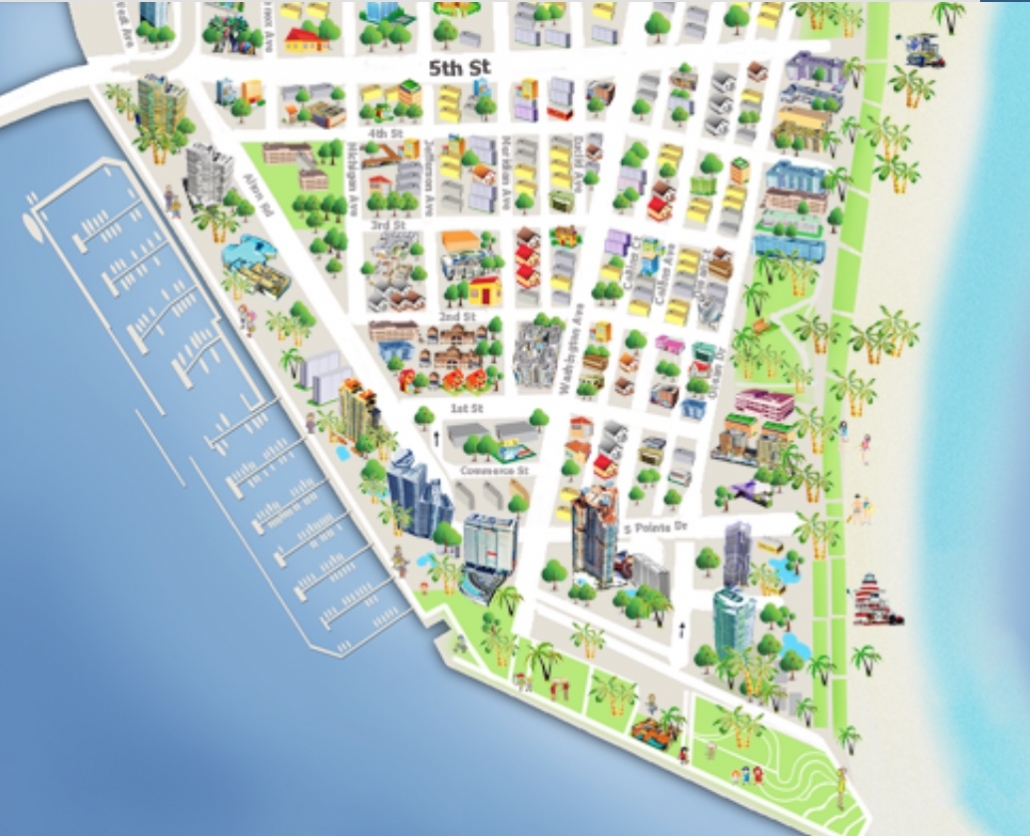Million Dollar Towers Trend

The South of Fifth waterfront towers selected for this comparison show how differently buildings in the same neighborhood have fared over the past 6 months. It is no surprise that the Real estate market could not sustain neither the pace of sales nor the price increases that it realized in 2021. Add to that substantially higher mortgage interest rates, falling stock market prices, inflation and the fear of recession, and it is no wonder that the market has changed. For reference, the housing market is considered balanced when there is between a 6 and 9 month inventory of units available for sale. When there is less inventory it is considered a Sellers market and prices rise, when more, a Buyers market, and prices generally fall. It’s the basic law of Supply and Demand. For the purpose of the data contained herein, only units with a List Price of $1 million or more were considered when compiling the numbers used to create the chart above
While Sellers enjoyed the higher prices they achieved a year or more back, Buyers are now poised to be in more control going forward. Looking at the chart above, the Continuum North Tower at 50 S. Pointe Drive fared the best among the buildings surveyed. On December 25, it had 10 units available for sale, and in the preceding 180 days 6 units sold. That’s an average of 1 unit sold a moth, and with 10 units currently on the market, the absorption rate would be 10 months. The Continuum South Tower at 100 S. Pointe Drive also had 10 units available for sale, but only sold 4 in the preceding 6 months, and the absorption rate was 15 months. The Murano at 1000 S. Pointe Drive had the most units for sale among the buildings surveyed with 15 currently on the market, but over the past 6 months only 2 units were sold and that imputed an absorption rate 45 months.
Naturally, past performance is not a guarantee of future results and any sale will be based on a Buyer and Seller agreeing on the specific price and terms for the subject unit. Because each of these buildings is a small sample by itself, what may be an important factor at one Builing may not even be relevant to another, and those conditions may change quickly. For instance, when a building announces a Special Assessment it may cause some unit owners to put their units on the market so as not to incur the additional cost or just not to live through a year or more of noise and disruption. Those same reasons may cause potential buyers to look at other buildings. Together those decisions could both increase the supply of units for sale and simultaneously decrease the demand for those units. Price reductions are among the ways to align the parties in such circumstances.
So while the chart shows the wide variation in the absorption rate among the neighboring luxury buildings if we combined the totals of each of the buildings we would find a total of 83 units for sale over $1 million and that 30 had sold in the previous 6 months. So at the rate of 5 sales per month, we would anticipate it would take just under 17 months for all of the inventory be be absorbed. Turns out that is also be the median point, as four of the buildings had higher absorption rates and four had lower than 17.









